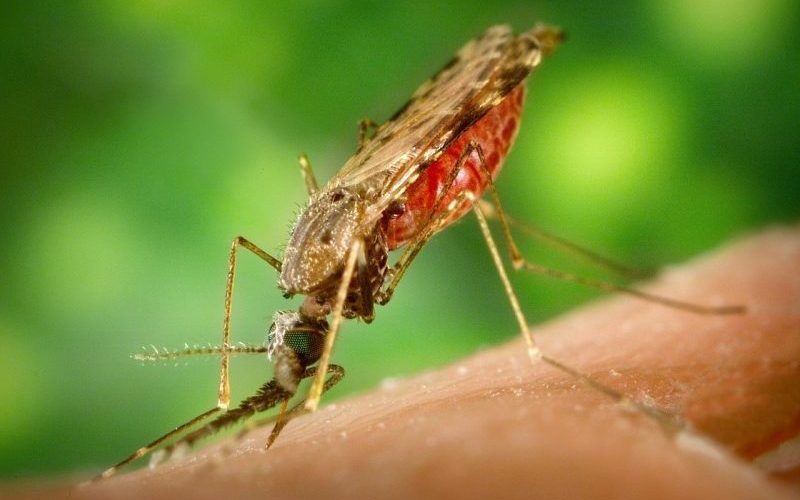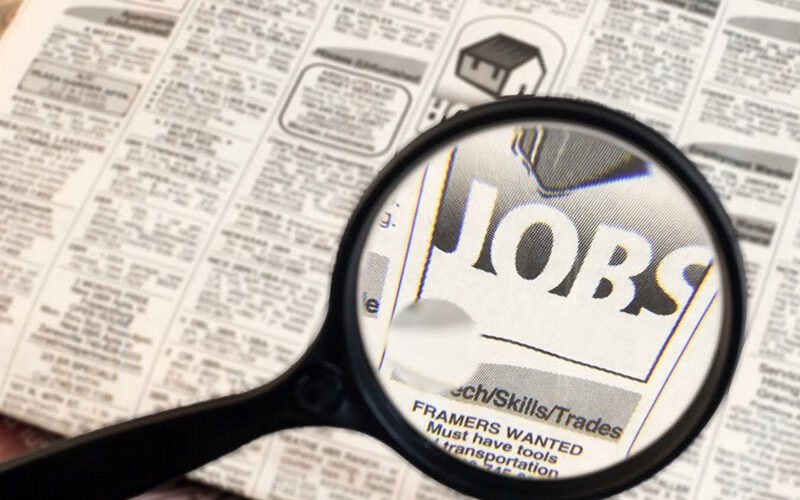
Messenger RNA: how it works in nature and in making vaccines
VACCINES have long been an integral part of public health programmes around the world, reducing the spread and severity of infectious diseases. The success of immunisation strategies to protect children from diseases like polio, hepatitis B, and measles, and adults from influenza and pneumococcal disease, can be seen globally. KRISTIE BLOOM, Group Leader: Next-generation Vaccines, Antiviral Gene Therapy Research Unit, University of the Witwatersrand The COVID-19 pandemic created an urgent need for an effective vaccine. This is where messenger RNA (mRNA) vaccines, which are classified as a next-generation technology, gained prominence. Decades of research and clinical development into synthetic mRNA…



